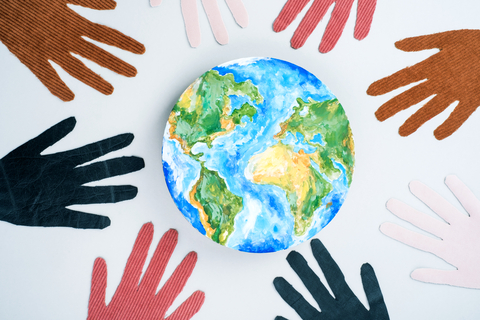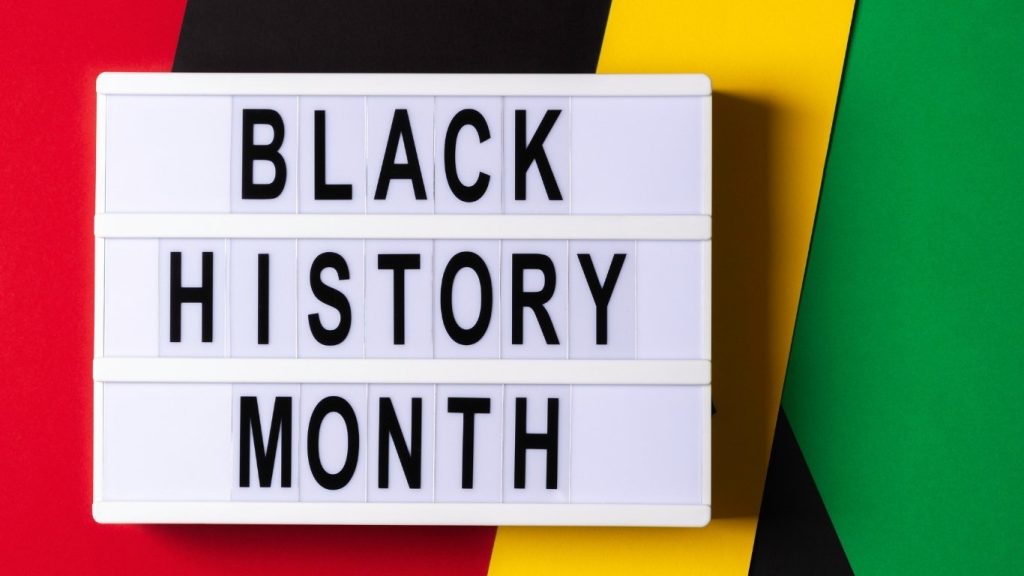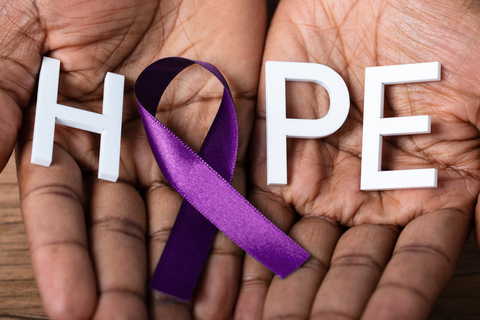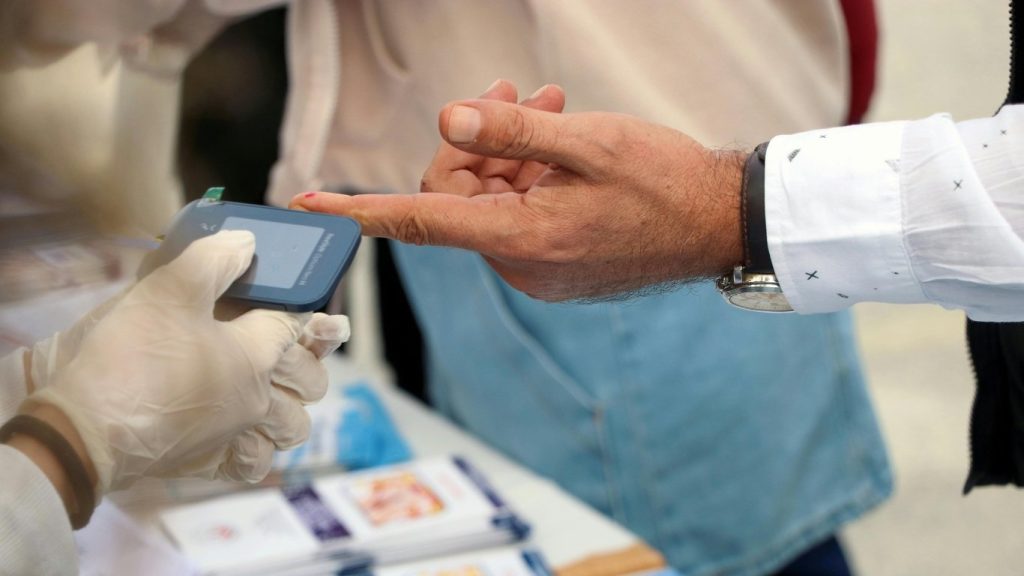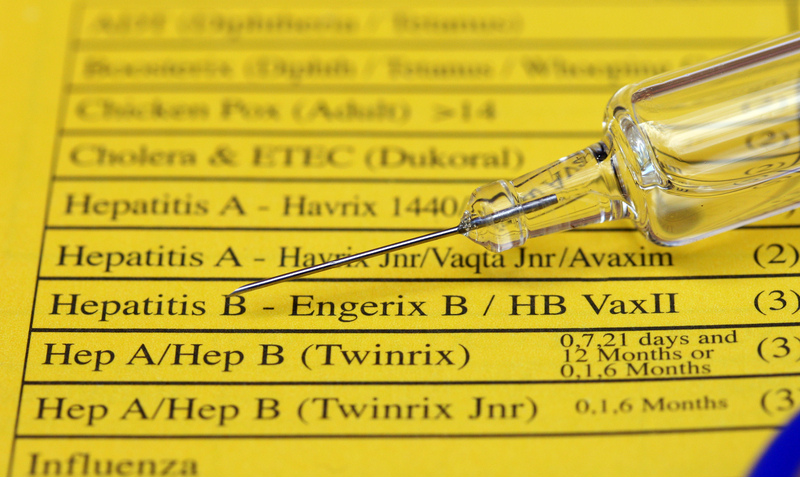
In Black communities, mental health challenges often go unspoken, misdiagnosed, or dismissed entirely. These Black mental health tips are designed to break the silence and provide culturally grounded ways to heal. From systemic racism and economic stress to intergenerational trauma, the toll is real—but stigma and lack of access continue to silence many.
According to the National Alliance on Mental Illness (NAMI), only about one in three Black adults who need mental health care actually receive it. And when they do, they often face providers who aren’t trained in culturally responsive care.
Now more than ever, we must protect our peace. Here are practical, affirming, and community-rooted tips to support Black mental wellness.
1. Learn the Signs of Burnout and Depression:
Mental health issues don’t always look like sadness or isolation. In many cases, they show up as: – Persistent fatigue or lack of motivation – Anger, irritability, or numbness – Trouble sleeping or sleeping too much – Difficulty concentrating or making decisions – Physical pain without a clear cause (headaches, stomach issues)
Tip: Depression in Black men and women is often underdiagnosed because symptoms can be masked or misunderstood. Listen to what your body and behavior are telling you.
2. Use Free or Low-Cost Therapy Directories:
Culturally competent care is essential. Fortunately, more directories now make it easier to find Black therapists and healing professionals who understand your lived experience.
Explore: – Therapy for Black Girls – Black Men Heal – Inclusive Therapists – The Loveland Foundation – Open Path Collective (affordable therapy network)
Some platforms also offer telehealth, text therapy, or sliding scale pricing for those without insurance.
3. Reclaim Rest as Resistance:
Sleep is sacred. So is stillness. Yet the pressure to always be working, grinding, or carrying others can erode mental wellness. Make space for: – Naps or breaks without guilt – Journaling your thoughts at night – Turning off notifications and saying “no” – Creating a bedtime ritual that brings you calm
As Black wellness advocate Tricia Hersey of @TheNapMinistry says, “Rest is a form of resistance.”
4. Embrace Community-Based Healing Spaces:
Not all healing happens in therapy rooms. Some of the most powerful mental health care comes from our own communities: – Barbershop check-ins and salon sister circles – Spiritual counseling from trusted pastors or elders – Prayer groups, meditation circles, or church wellness ministries – Healing circles led by community activists or doulas
These spaces provide cultural affirmation, safety, and shared language around struggle and joy.
5. Move Your Body, Shift Your Mood:
Physical activity isn’t just for fitness—it boosts dopamine, reduces anxiety, and increases focus. You don’t need a gym to benefit.
Try: – A dance break to your favorite playlist – A walk in the sun – Morning stretches or yoga for beginners – Gardening, biking, or swimming
Every form of movement counts, especially when paired with breath and intention.
6. Normalize Talking About It:
Mental health conversations are becoming more common—but many still feel unsafe sharing their struggles. Help break the silence by: – Checking in with loved ones beyond “How are you?” – Sharing your own journey when you’re ready – Encouraging youth to name their feelings – Letting others know it’s okay to seek help.
We heal in conversation. We heal in community.
Final Thought:
Mental health is health. And for Black communities, protecting our peace is not just personal—it’s political, cultural, and deeply collective.
Whether through therapy, rest, spiritual care, or joyful movement, you deserve to feel whole, seen, and supported.
Protect your peace. Your healing matters.
Also Read: Invisible Pain: The Overlooked Burden of Migraines in Black Women
Trending Topics
Features
- Drive Toolkit
Download and distribute powerful vaccination QI resources for your community.
- Health Champions
Sign up now to support health equity and sustainable health outcomes in your community.
- Cancer Early Detection
MCED tests use a simple blood draw to screen for many kinds of cancer at once.
- PR
FYHN is a bridge connecting health information providers to BIPOC communities in a trusted environment.
- Medicare
Discover an honest look at our Medicare system.
- Alliance for Representative Clinical Trials
ARC was launched to create a network of community clinicians to diversify and bring clinical trials to communities of color and other communities that have been underrepresented.
- Reducing Patient Risk
The single most important purpose of our healthcare system is to reduce patient risk for an acute event.
- Jessica Wilson
- Subash Kafle
- Jessica Wilson

